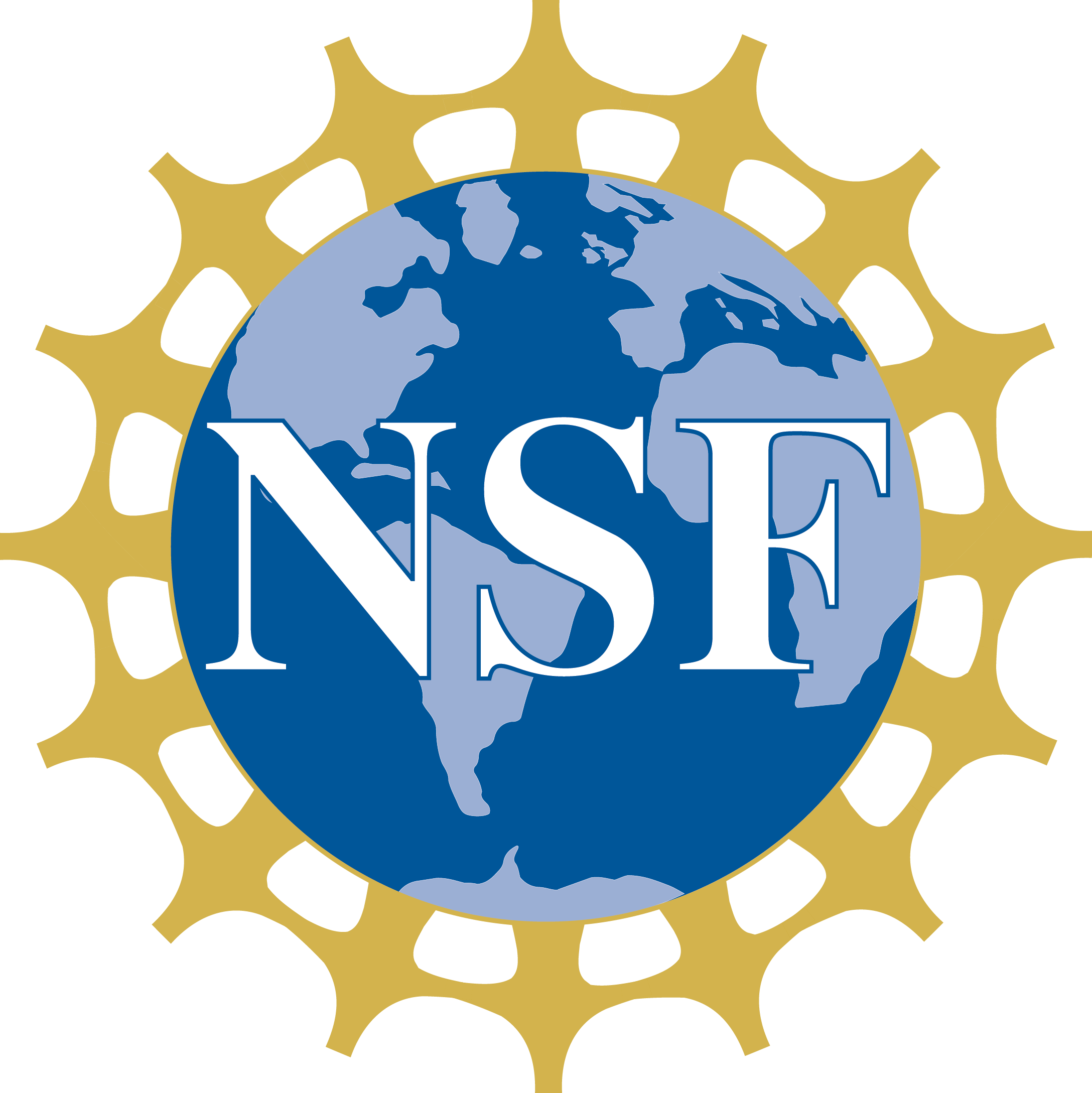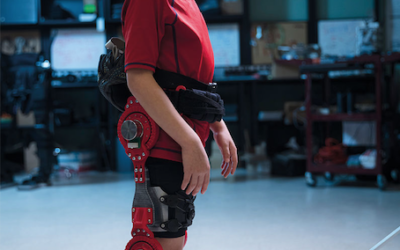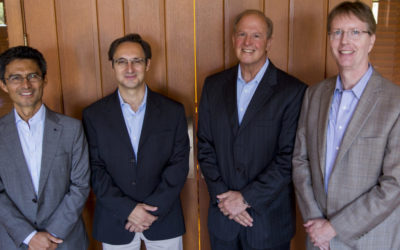

The BRAIN Center
The Building Reliable Advances and Innovation in Neurotechnology (BRAIN) Center is an Industry/University Cooperative Research Center at Arizona State University (ASU) and the University of Houston (UH). This partnership will allow rigorous testing of efficacy, safety and long-term reliability of neurotechnology that would not be otherwise possible within the traditional ‘silos’ of academic, industry, regulatory and clinical communities.
Our mission
The BRAIN Center will develop safe, effective and affordable personalized neurotechnologies for diagnostics, restoration, enhancement, and rehabilitation of sensory, motor, affective and cognitive functions. This mission will be pursued by supporting innovative interdisciplinary research across the multiple dimensions of brain function and behavior with the ultimate goal of improving quality of life.
BRAIN News
The mind-reading devices that can free paralysed muscles
Eugene Alford just couldn’t get his legs to move, but it wasn’t for want of trying. It was 2012, and he was in a laboratory at the University of Houston in Texas, participating in a study that was designed to see whether people with paralysis could control a robotic...
Brain Center Gathers To Ponder Future, Direction
For all its resiliency and creativity, the human brain is equally fragile and prone to disease. Millions around the world are affected by neurological and neurodegenerative diseases. In fact, a World Health Organization study found eight out of 10 disorders in the...
Impact
Producing innovative neurotechnologies that can effectively transform the lives of physically and cognitively impaired individuals.
Membership
Become a member and catalysts for technological development and innovation.
Research
Explore our growing research areas and their corresponding faculty members.
Get involved
Partner with us to develop and validate innovative technologies that address the needs of America’s physically and neurologically impaired and the growing aging population.





